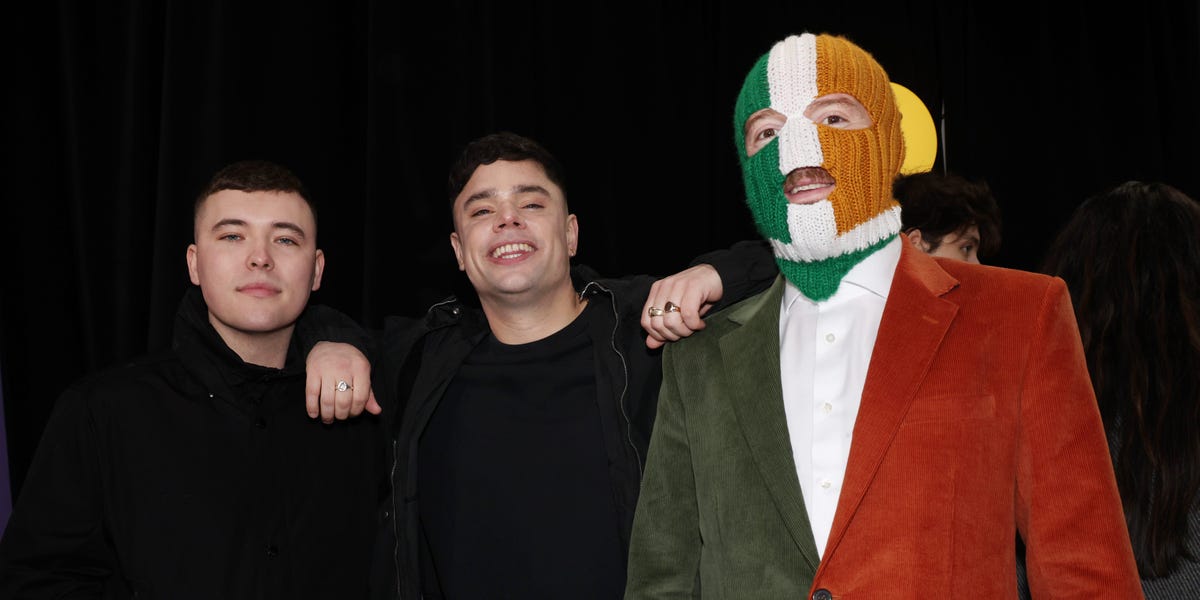Rebel Rhymes: Kneecap's Explosive Coachella Performance Ignites Political Firestorm

Sharon Osbourne has ignited controversy by demanding the cancellation of a rap group's US work visas in response to their provocative statements about the Israel-Palestine conflict during their Coachella performance. The music industry veteran is taking a strong stance against what she perceives as inflammatory rhetoric, calling for significant professional consequences for the artists.
In a passionate social media post, Osbourne expressed her outrage over the group's comments, arguing that their statements crossed a line and warrant serious repercussions. Her call to revoke their work visas highlights the ongoing tensions surrounding the complex geopolitical situation and the potential consequences of public political statements in the entertainment world.
The incident has sparked intense debate about artistic expression, free speech, and the boundaries of political commentary during live performances. As the music community watches closely, Osbourne's bold move raises questions about the intersection of art, politics, and professional accountability.
While details of the specific comments remain under scrutiny, the incident underscores the increasingly charged atmosphere surrounding discussions of the Israel-Palestine conflict in public forums and entertainment spaces.
